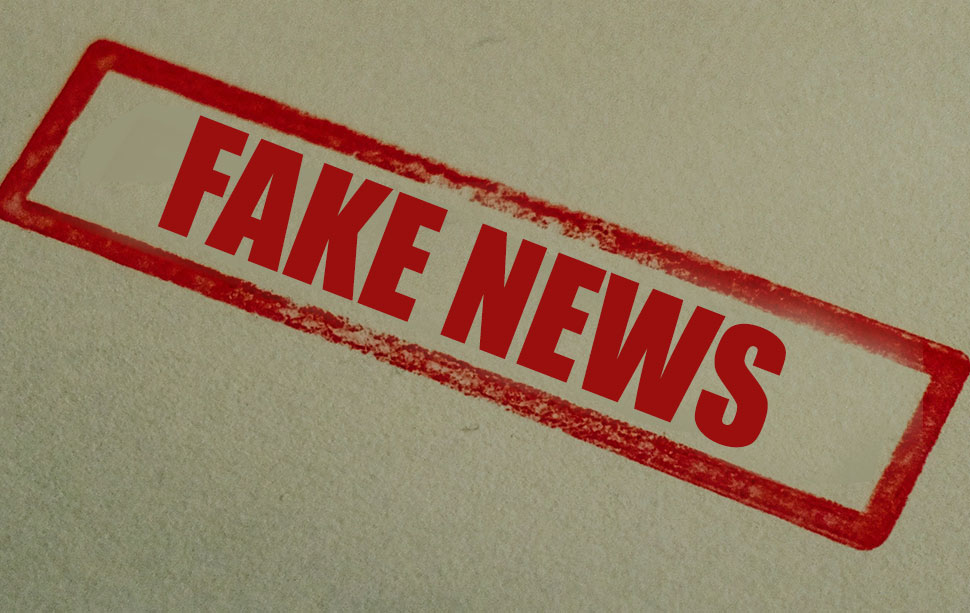Introduction to Big Tech Lawsuits
The term ‘Big Tech’ typically refers to the largest and most influential technology companies that dominate the market and significantly impact the global economy. Notably, this includes corporations such as Google, Apple, Facebook (Meta), Amazon, and Microsoft. Such companies have transformed the way individuals and businesses interact with technology, yet their vast power often attracts scrutiny from regulators, competitors, and consumers alike. As a result, these technology giants frequently find themselves embroiled in various legal disputes.
The types of lawsuits facing Big Tech are diverse, encompassing antitrust violations, privacy concerns, and labor-related disputes. Antitrust lawsuits occur when these companies are accused of engaging in anti-competitive practices that inhibit market competition. For instance, regulators may scrutinize mergers and acquisitions that threaten existing competition or the establishment of monopolies. Such lawsuits can have far-reaching implications, as they may reshape industry standards and operating procedures.
Privacy violations represent another common legal challenge for tech giants. With the increasing reliance on digital services, the collection and use of personal data have sparked intense debates. Companies are often accused of inadequate data protection measures or misuse of user information, leading to lawsuits from consumers and privacy advocacy groups alike. These legal actions are particularly pertinent in an era where data privacy regulations, such as the General Data Protection Regulation (GDPR) in Europe, are becoming stringent.
Additionally, labor disputes also contribute to the legal landscape surrounding Big Tech. Employees have raised concerns about working conditions, compensation, and employee treatment in the gig economy and within corporate structures. Such issues have led to class action lawsuits and significant media attention, highlighting the power imbalances that can exist within these corporations.
Overall, the legal challenges faced by Big Tech companies reflect broader societal concerns about accountability, equitable competition, and the ethical implications of technological advancements. This complex legal environment warrants a closer examination of specific cases and the themes emerging within tech litigation.
Major Cases and Legal Challenges
The legal landscape for technology giants is increasingly complex, characterized by a series of high-profile lawsuits that have significant implications for the industry. Among the most notable cases is the antitrust lawsuit against Google, initiated by the Department of Justice in 2020. This case alleges that Google has engaged in anti-competitive practices that stifle competition and innovation. Legal experts argue that this case could redefine the boundaries of digital monopolies and push for stricter regulations on how technology companies operate in the marketplace.
Apple also faces considerable legal scrutiny, particularly concerning its App Store policies. A landmark case involved Epic Games, the creator of Fortnite, which challenged Apple’s commission structure and exclusive control over app distribution. The court’s decision reaffirmed Apple’s authority over its App Store; however, it simultaneously highlighted concerns regarding the potential for anticompetitive behavior, sparking ongoing debates about app store monopolies and the need for regulatory reform.
Amazon, on the other hand, has been involved in various legal challenges regarding its alleged anti-competitive practices, particularly concerning its treatment of third-party sellers. In a significant move, the European Commission launched an investigation into Amazon for potential breaches of antitrust laws. The findings could lead to a reevaluation of Amazon’s market strategies and potentially enforce stricter compliance measures in the e-commerce sector.
Facebook, now known as Meta, is facing scrutiny not only for its handling of user data but also for accusations of monopolistic practices. Recent legal challenges have been focused on its acquisitions of Instagram and WhatsApp, prompting regulatory bodies to examine whether such mergers restrict competition and harm consumers.
These landmark lawsuits, ranging from antitrust disputes to intellectual property challenges, exemplify the evolving nature of legal oversight within the tech industry. As these cases unfold, they will undoubtedly influence how technology companies are regulated, holding them accountable while shaping the future of digital commerce and innovation.
The Impact of Legislative Changes on Tech Lawsuits
The landscape of legal challenges faced by big tech companies has rapidly evolved in recent years, largely due to significant legislative changes enacted at both national and international levels. One of the most notable regulations affecting the technology sector is the General Data Protection Regulation (GDPR) in Europe. Implemented in 2018, GDPR imposes stringent data protection and privacy requirements on businesses that handle personal data of EU residents. This regulation has not only heightened compliance costs for technology giants, but it has also led to an increase in lawsuits stemming from alleged data breaches and violations of user privacy. The risk of substantial fines under GDPR provisions has prompted companies to adapt their data handling practices, reflecting a proactive approach to mitigation of potential legal liabilities.
Moreover, antitrust laws in the United States have also come under scrutiny in the wake of growing public concern regarding the market power held by big tech firms. Legislative measures aimed at curbing monopolistic practices have resulted in increased scrutiny and, subsequently, a higher frequency of lawsuits. Recent antitrust actions against companies like Google and Facebook signal a more aggressive stance by regulators, which may further influence how these organizations conduct their business. As courts begin to address these cases, the outcomes could redefine industry norms, ultimately shaping the competitive landscape.
Notably, as technology continues to advance and its role in daily life expands, legislators worldwide are increasingly adopting laws that reflect the unique challenges posed by digital platforms. This ongoing adaptation of the legal framework is likely to create new grounds for litigation while compelling tech giants to reassess their operational strategies. Embracing compliance not only mitigates legal risks but also positions companies favorably in a landscape that is becoming more complex and litigative. As such, it is crucial for stakeholders in the tech industry to stay abreast of these legislative changes and their implications on business practices and legal risks moving forward.
Future Outlook: Trends and Predictions in Big Tech Litigation
As we look toward the future, it is clear that the legal landscape surrounding big tech companies will continue to evolve rapidly. Anticipated trends indicate an increase in litigation across several critical areas of law, predominantly in antitrust issues, data privacy, and intellectual property rights. Recent high-profile lawsuits have set a precedent, highlighting the growing scrutiny of large technology firms concerning their market dominance and impact on competition.
One notable trend is the anticipated focus on antitrust laws, particularly as regulatory bodies ramp up efforts to address monopolistic practices. Governments are likely to implement stringent measures to curb the power held by major players in the tech industry. This shift is fueled by a rising public outcry against perceived injustices and the potential harm caused by the unregulated behavior of such corporations. Consequently, we may see an influx of lawsuits targeting anti-competitive practices, especially as smaller companies rally for equality in the market.
Data privacy issues are also expected to remain at the forefront of litigation as public awareness regarding personal data protection grows. Lawsuits may arise from breaches of user privacy, unauthorized data collection, or failure to comply with emerging regulations, such as the General Data Protection Regulation (GDPR) in Europe or similar frameworks being adopted globally. Public opinion will play a pivotal role in shaping these legal actions, as consumers become more proactive about protecting their privacy rights.
Moreover, potential reforms in legislation may emerge, impacting the relationship between technology companies and regulatory bodies. Lawmakers are likely to propose new policies aimed at increasing transparency and accountability within the tech sector. As these developments unfold, it is crucial for stakeholders, including consumers, businesses, and legal professionals, to remain aware of the implications of these trends on the future landscape of technology and legal accountability.




